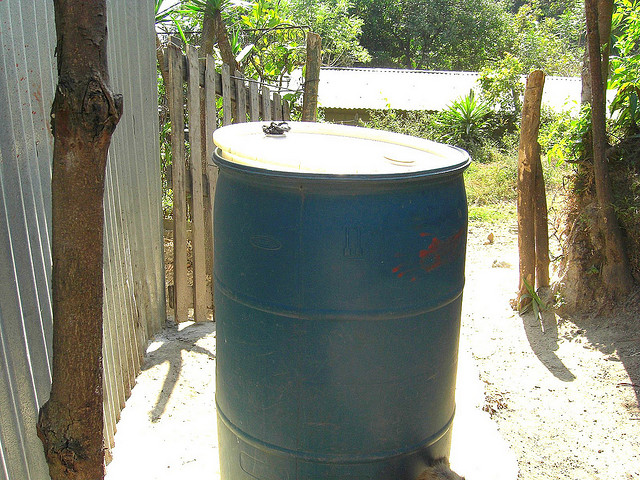The environmentally friendly lifestyle has increased in popularity, but that doesn’t necessarily mean that everyone is on board. In fact, in some situations, people have faced trouble with the law for attempting to live a greener lifestyle. Some of these instances are discussed in this article, along with ways to ensure that the same doesn’t happen to you.
Rain Water Collection
One particular case where a homeowner has undergone prosecution because of collecting rainwater involves Gary Harrington of Oregon. He had three reservoirs located on his 170-acre property to collect and use rainwater. On the surface of the story, the homeowner seems to be doing what would be best for the land. However, state officials actually disagreed. After repeatedly telling Harrington to drain his rainwater reservoirs, which he would do temporarily before filling them again, he was eventually fined $1,500, sentenced to 30 days in jail and ordered to breach his dams and drain his reservoirs.
Differing Points of View
Harrington’s property contained nearly 13 million gallons of snow runoff and rainwater. This is enough water to fill 20 Olympic-sized swimming pools to the brim. At least one of the reservoirs has docks around it and had been stocked with large mouth bass. His setup has been completed with 10 and 20-foot tall dams that were built to hold the water collections. While the state did originally issue water right permits for the reservoirs in question, they were revoked in a matter of months. Harrington believes that the reservoirs are necessary to fight wildfires that flare up in his area, while the state demands he complies with the law.
Average Homeowners
The average homeowner may have a number of rainwater barrels to collect the water from their home’s eaves and troughs. The water may be used for irrigation purposes on the property as well as for non-potable use indoors. The collection and use of this precipitation can make a significant difference in a property owner’s use of water. The average or typical rainwater collector would not have to worry about state prosecution, regardless of where they live.
Urban Vegetable Gardens
Another unusual circumstance where homeowners have been fined for living an environmentally friendly lifestyle can be found in Orlando, Florida. Jason and Jennifer Helvenston were ordered to dig up their front yard vegetable garden or face fines of up to $500 per day. The city believes that their garden violates municipal codes that demand that yards are well maintained. The city felt pressured by the community to hold off with the fines at least temporarily after the Helvenstons received a tremendous outpouring of support.
Grass Lawns
The fascination with grass lawns in the Western world is extremely unusual when looked at from a global scale. With food resources becoming ever more limited in many parts of the world, even those in urban areas can benefit greatly from small scale growing operations. However, it seems that officials and even neighbors would rather see green grass lawns with tidily planted flower beds. These not only take up resources such as real estate and unnecessary water, they are also quite useless for anything besides decoration. As a homeowner, it is important to keep any regulations in mind when making eco-conscious updates to your home either inside or outside. Authorities often do not understand the importance or necessity of making lifestyles and homes more environmentally friendly, and may have outdated laws or regulations that can hamper your progress. Image Source: Flickr/Alison McKellar



